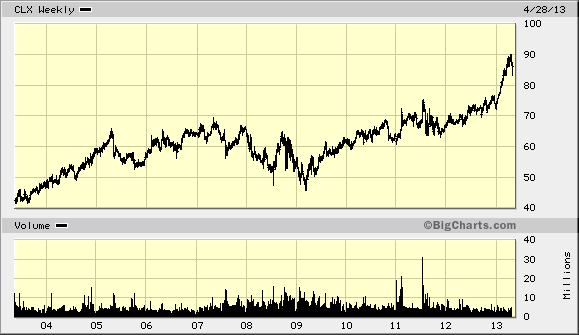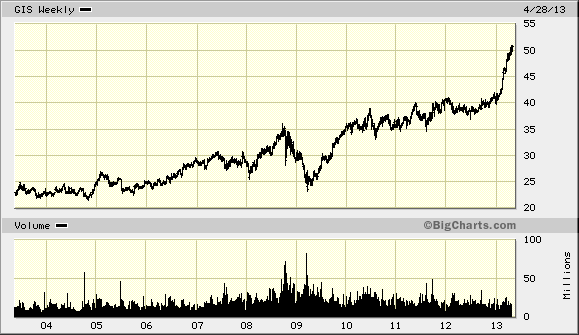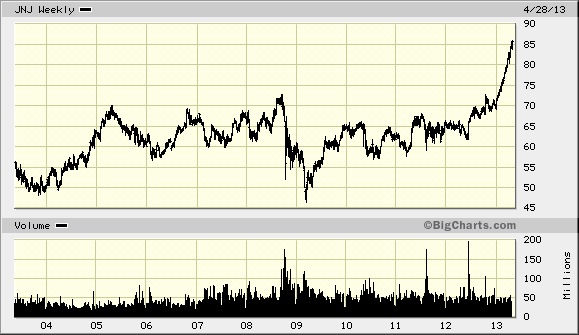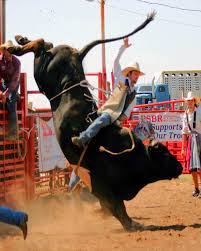
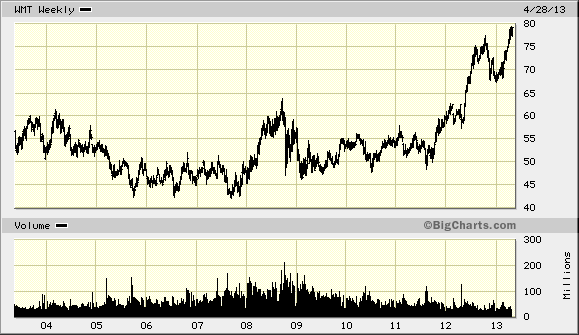 Forget owning gold bullion and “cheap” precious metals mining companies that are priced for bankruptcy or dissolution. The pain of temporary underperformance is too great. I have always liked franchise-type companies and now it is time to ride the trend. I will buy these companies this morning. How will I fare over the coming years?
Forget owning gold bullion and “cheap” precious metals mining companies that are priced for bankruptcy or dissolution. The pain of temporary underperformance is too great. I have always liked franchise-type companies and now it is time to ride the trend. I will buy these companies this morning. How will I fare over the coming years?
How do you think these investments will turn out? Why? Will this happen?
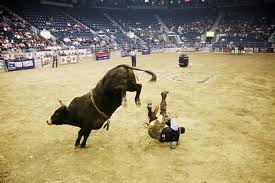 Not a chance with the Fed guarantee of any buy the dip strategy. What alternative do you have than buying Fed-juiced stocks?
Not a chance with the Fed guarantee of any buy the dip strategy. What alternative do you have than buying Fed-juiced stocks?
See Video below. Schiff gets laughed at for suggesting gold.
When the Fed gets the economy to “escape velocity” then it will be able “exit” QE-to-infnity. Yes, when we see a herd of elephants flying over New York City, then we will know that day has come.
I don’t want to be like Seth Klarman–foolishly conservative: http://www.zerohedge.com/news/2013-05-05/seth-klarman-expains-when-investing-its-hardest-and-why-he-not-joining-momentum-trad
Most U.S. investors today have a clear opinion about what everyone else has no choice but to do. Which is to say, with bonds yielding next to nothing, the only way investors have a chance of earning a return is to buy stocks. Everyone knows this, and is counting on it to remain the case. While economist David Rosenberg at Gluskin Sheff believes government actions could be directly or indirectly responsible for as many as 500 points in the S&P 500, or 30% of its current valuation, traders have confidence in Ben Bemanke because betting that his policies will drive equities higher bas been a profitable wager. Bernanke, likewise, is undoubtedly pleased with these speculators for abetting his goal of asset price inflation, though we all know that he will not call them first when he decides to reverse direction on QE. Then, the rush for the exits will be madness, as today’ s “clarity” will have dissolved, leaving only great uncertainty and probably significant losses.
Investing, when it looks the easiest, is at its hardest. When just about everyone heavily invested is doing well, it is hard for others to resist jumping in. But a market relentlessly rising in the face of challenging fundamentals–recession in Europe and Japan, slowdown in China, fiscal stalemate and high unemployment in the U.S.– isthe riskiest environment of all.

